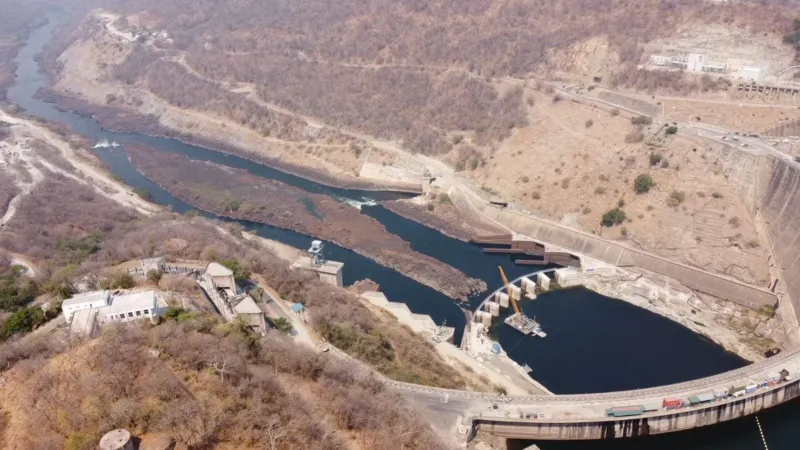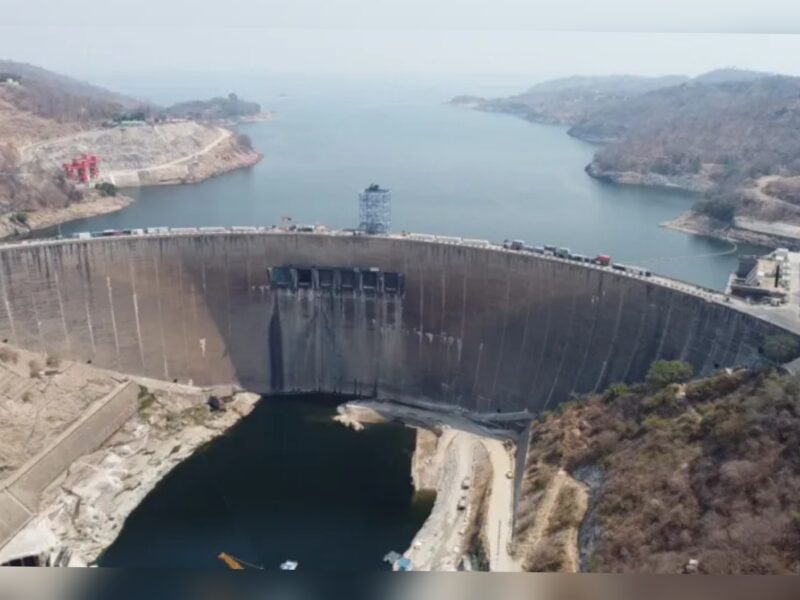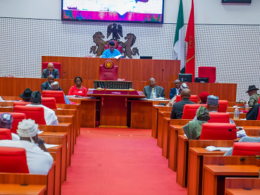The power crisis has left Zambians disillusioned and frustrated, with many blaming successive governments for failing to plan for such eventualities
Lusaka, Zambia — Zambia, a country known for its abundant water resources and the vast Kariba Dam, is currently facing its worst electricity crisis in decades.
Despite the presence of the massive hydro-powered Kariba Dam, which straddles the Zambezi River between Zambia and Zimbabwe, the nation is grappling with severe power shortages, causing widespread blackouts that have left citizens and businesses reeling.
For the 43% of Zambians connected to the national grid, the crisis has come as a shock. In some areas, power cuts have lasted up to three consecutive days, with many people considering themselves fortunate if they get even an hour or two of electricity. This has disrupted daily life, forcing residents to crowd into bars and restaurants just to charge their phones amidst the roar of generators.
The situation is primarily attributed to one of the severest droughts in decades, caused by the El Niño weather phenomenon, which has significantly reduced the water levels in Zambia’s reservoirs and rivers.
The Kariba Dam, which provides up to 84% of the country’s electricity, has been hit particularly hard, with only one of its six turbines currently operational. This has resulted in the generation of a mere 7% of the dam’s total capacity of 1,080 MW.
The drought has also adversely affected local agriculture. Farmers like Kaunga Ngoma from Mazabuka in Zambia’s Southern Province are struggling to cope with the crippling dry spell, as it has stunted crop growth, further compounding the economic crisis.
Impact on Businesses and Daily Life
The power shortage has forced businesses to shorten operating hours and cut staff, and bakeries have been producing fewer loaves due to the high cost of running generators. The crisis has been especially severe for kidney patients who depend on electricity for dialysis treatments. With electricity only being restored for an hour or two at irregular times—sometimes even after midnight—patients have found it difficult to receive the treatment they need.
The crisis has also hit homes hard. Many Zambians are now relying on portable gas stoves and charcoal for cooking and heating water. However, the surge in demand has led to shortages of gas in the market. Families who have invested in solar panels face additional challenges as their systems often do not generate enough power when there is little sunlight.
Additionally, many households with boreholes are without water because the electric and solar pumps used to access groundwater cannot function without power. Some schools have even advised children to bring five liters of water each day to prevent sanitation crises and outbreaks of waterborne diseases like cholera.
Government Response and Future Plans
President Hakainde Hichilema declared the drought a national disaster in February 2024, but the government has struggled to resolve the energy crisis due to its heavy reliance on the Kariba Dam. A financial crunch has also hampered efforts to import power, as suppliers demand upfront payments that the Zambian government cannot readily afford.
To alleviate the crisis, the government has been importing electricity from Mozambique and South Africa, particularly to sustain Zambia’s mining industry—its main export earner and source of foreign currency. In a recent development, Energy Minister Makozo Chikote announced that the country’s only coal-fired power plant, Maamba Energy, was back to full capacity after undergoing maintenance. This, he said, would guarantee Zambians at least three hours of electricity daily.
Looking ahead, state-owned utility Zesco has pledged to diversify its energy sources, investing more in solar power to reduce dependency on hydro-power to around 60%. In July, the energy regulator approved plans to build only the country’s second coal-fired power plant, despite environmental concerns. The government argues that coal is a necessary part of the energy mix to prevent future crises.

Social and Economic Ramifications
The power crisis has left Zambians disillusioned and frustrated, with many blaming successive governments for failing to plan for such eventualities. Life has become increasingly difficult as the crisis continues to disrupt both businesses and households. Many families are unable to preserve food or run household appliances, resulting in additional financial strain.
The country’s power utility, Zesco, has come under heavy criticism, but spokesperson Matongo Maumbi remains optimistic, emphasizing that the company is making every effort to resolve the crisis. “We are committed to reducing our dependency on hydro-power and investing in a more stable and diversified energy future,” Maumbi said in an interview.









Join our Channel...